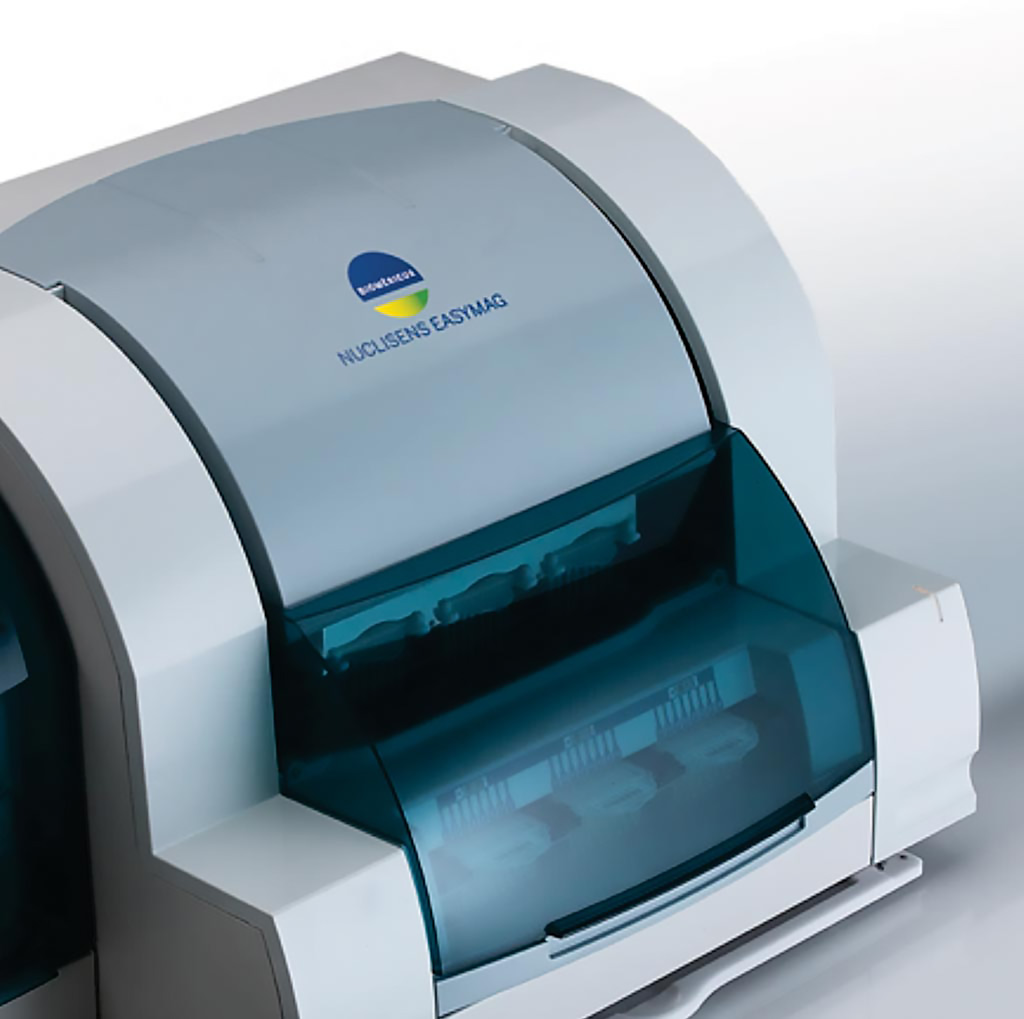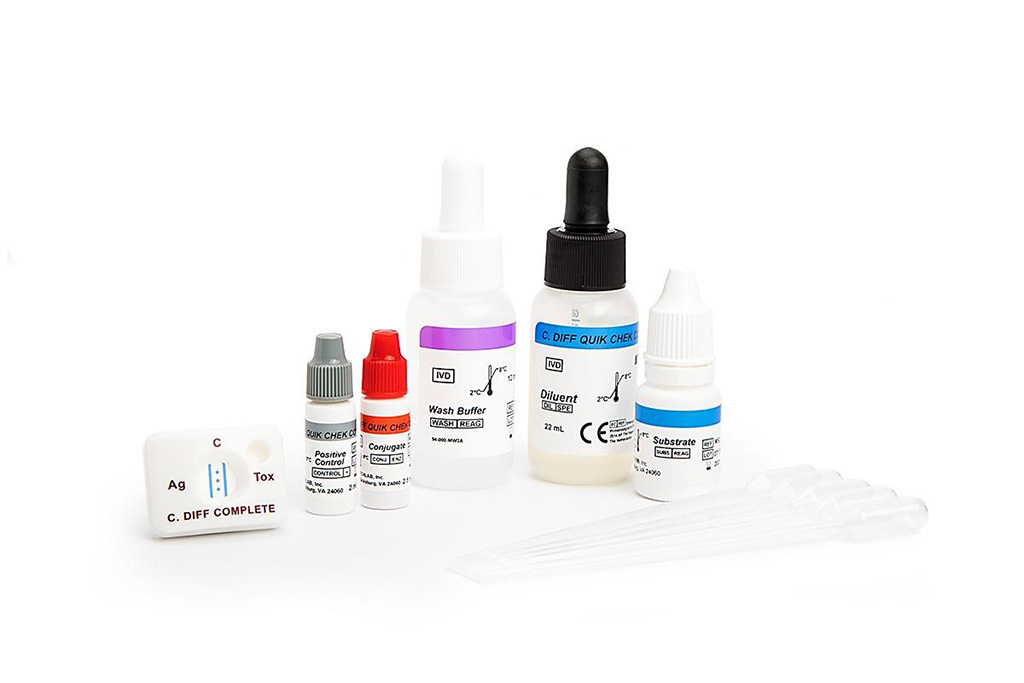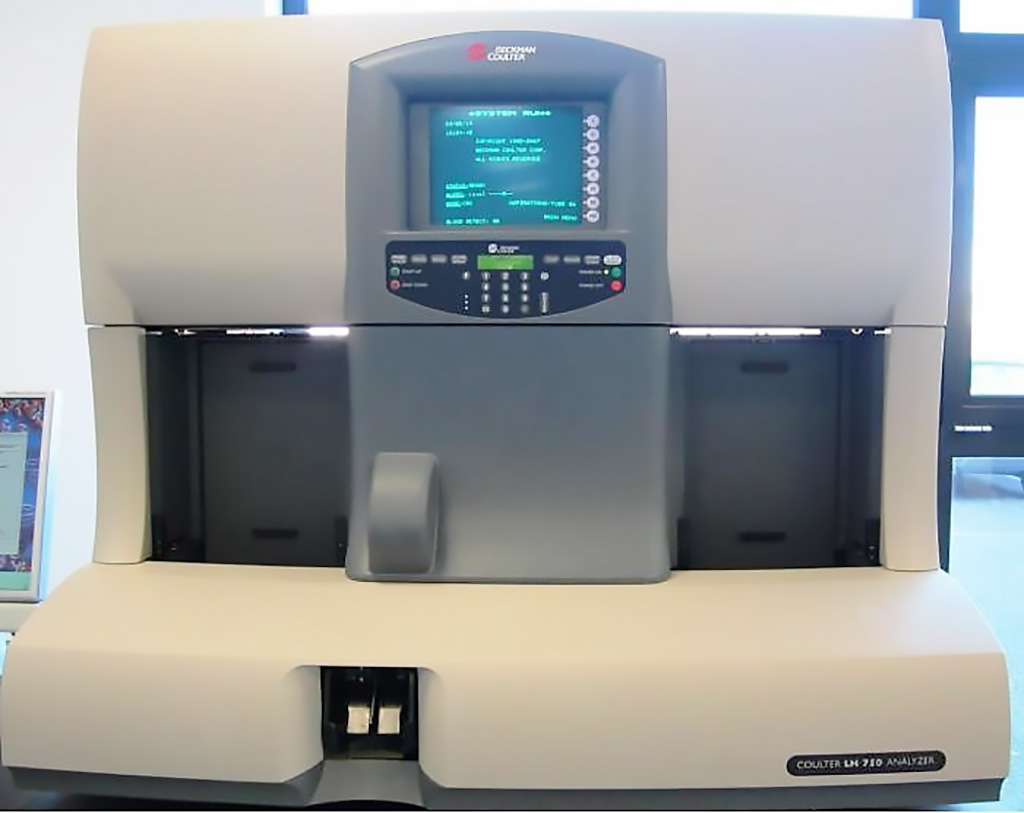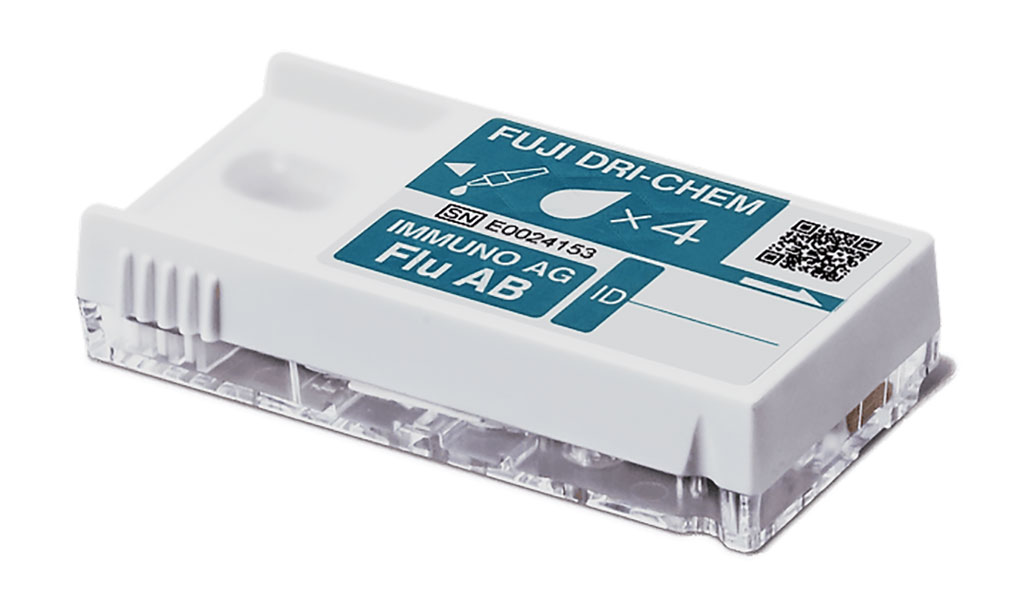Microbiology

Immunoassay May Help Identify Pediatric Lyme Arthritis
In the USA, Lyme arthritis is the most common feature of late stage infection with the tick-borne spirochete, Borrelia burgdorferi, usually beginning months after the initial tick bite. Patients with Lyme arthritis have intermittent or persistent attacks of joint swelling and pain in one or a few large joints, especially the knee, usually over a period of several years, without prominent systemic manifestations. More...07 Jan 2020

Nanopore Sequencing Rapidly Diagnoses Gut Condition in Preterm Infants
The culture-independent, sensitive, data-rich nature of metagenomic sequencing, combined with powerful bioinformatics tools, have allowed scientists to differentiate patient groups from healthy individuals based on their microbial profiles. More...03 Jan 2020

Paper-Based Test Could Diagnose Lyme Disease at Early Stages
Caused by the tick-borne spirochete Borrelia burgdorferi, Lyme disease (LD) is the most common vector-borne infectious disease in North America and Europe and timely diagnosis and treatment are effective in preventing disease progression. More...01 Jan 2020

C. Diff Carriers Are Source of Infections in Hospitals
Clostridioides difficile is a spore-forming, gram-positive anaerobic bacillus spread by fecal–oral transmission of spores, which remain viable for long periods of time ex vivo. Although C. difficile carriers do not have diarrhea, they do shed spores that can contaminate environmental surfaces. More...26 Dec 2019

Hepatic Dysfunction and Coagulopathy Quantified in Fatal Dengue Fever
Dengue fever (DF) is currently one of the most severe public health problems. Each year, an estimated 390 million dengue infections occur around the world. Clinical presentations of dengue are diverse and non-specific, often with unpredictable clinical progression and outcome. More...24 Dec 2019

High Performance of Rapid Influenza Diagnostic Test Validated
Influenza is a leading infectious cause of morbidity and mortality worldwide. Annually, about 5% to 10% of adults and 20% to 30% of children have symptoms of influenza-like illness (ILI), and approximately 650,000 deaths secondary to influenza occur each epidemic season. More...19 Dec 2019
In Other News
Implement Diagnostics System Improves Infectious Disease Testing
Vaginitis Tests Offer Improvements Over Gold Standard Methods
A Rapid Method for Selecting the Proper Antibiotic to Treat Multidrug Resistant Bacteria
Multiple Sclerosis Linked to Variant of Common Herpes Virus
Diagnosis and Monitoring of Patients with Hepatitis C Virus
Zika Virus IgM Persists 25 Months After Symptom Onset
Plasma Cytokine Responses Characterized in Melioidosis
Multiplex Panel Debuts for Multi-Drug Resistant Infection Screening
Immune Cells Linked to Malaria-Induced Anemia Through Autoantibody Production
Mycobacterium Infection Found in Gastric Patients’ Stomachs
Crohn's Disease-Associated Bacteria Tolerate Antibiotics
Routine Blood Parameters Predict Invasive Aspergillosis Prognosis
Phoenix CPO Test Evaluated for Detection of Carbapenemase Producers
Rapid DNA Flow Technology Platform Detects Tick-Borne Bacterial Pathogens
Systematic Serological Screening Programme Used for Strongyloidiasis
Inexpensive LAMP-Based Schistosomiasis Tests Developed
Enterovirus D type 111 Genetically and Phenotypically Characterized
Vaginal Biomarkers Predict Preterm Birth Risks
POC Test Based on Quantum Dots Detects Antibody Responses
Nasopharyngeal Pneumococcal Density Associated with Invasive Lung Disease
LC-MS/MS Assay Directly Detects Urinary Bacteria
Rapid Immunoassay Shows Potential for Lyme Disease Diagnosis
Methods Explored for Gram-Negative Non-Fermentative Bacteria ID
The LabMedica Microbiology channel provides the latest news in the fields of epidemiology, bacteriology, virology, and parasitology, all viewed from the unique perspective of Laboratory Medicine.










